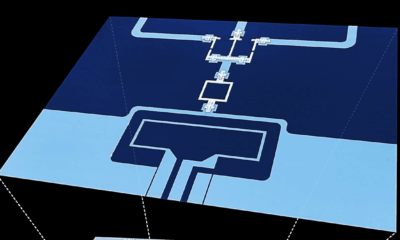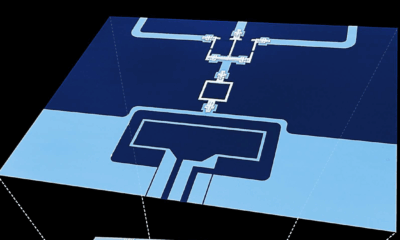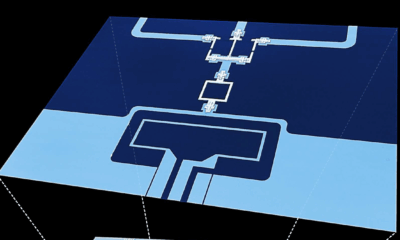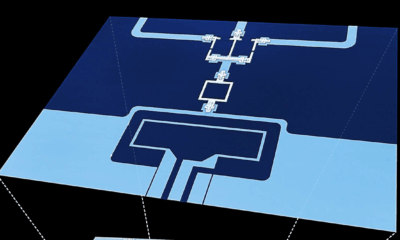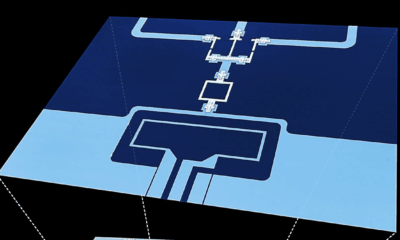Science
Nobel Prize in Physics Honors Breakthroughs in Quantum Technology
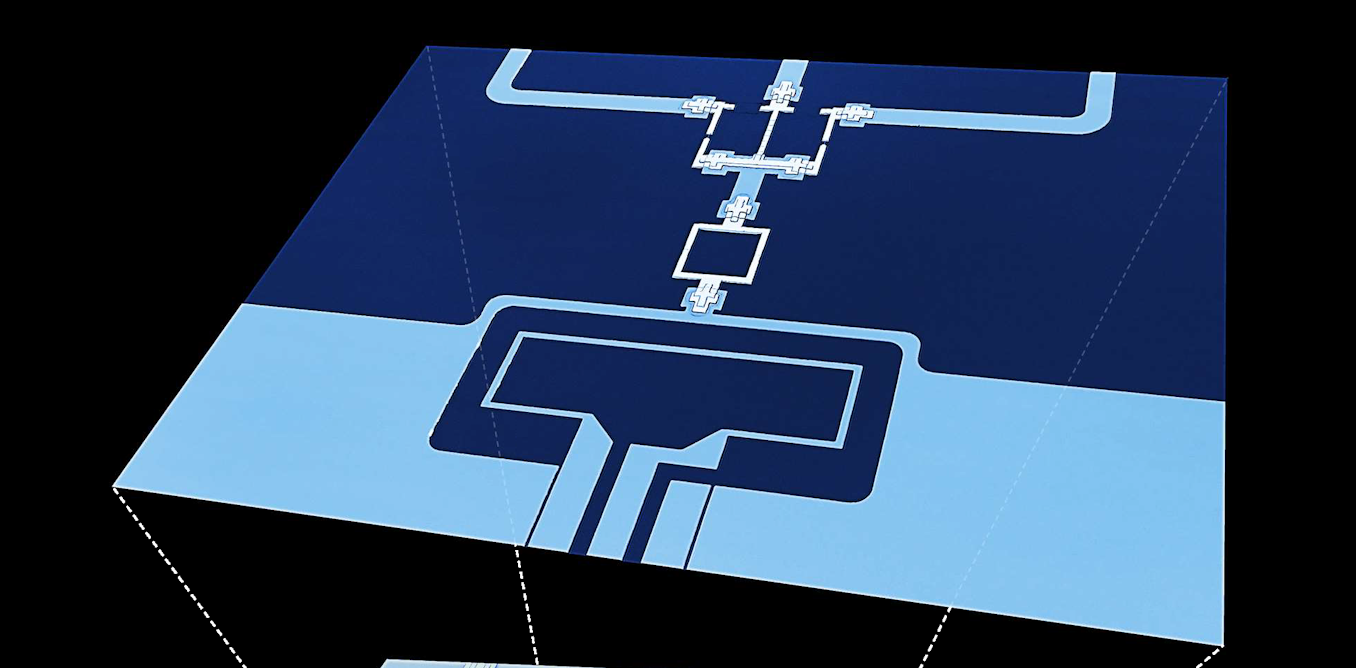
The Nobel Prize in Physics for 2025 has been awarded to three pioneering scientists for their groundbreaking research in ultracold electronics, which has significantly advanced the field of quantum technology. John Martinis, Michel Devoret, and John Clarke have demonstrated that superconducting circuits can exhibit quantum behavior, thus paving the way for practical applications in quantum computing and other technologies.
Their research, conducted in the mid-1980s, focused on how large electrical circuits made from niobium and lead can maintain quantum effects when cooled to just a few degrees above absolute zero. Superconductors, unlike regular conductors, allow electricity to flow without generating heat, making them ideal for quantum applications. The findings showed that these circuits could be described as single quantum particles, a crucial development for harnessing quantum mechanics in practical tools.
Advancements in Quantum Computing and Applications
Today, superconducting circuits serve multiple purposes, including the study of fundamental quantum physics and the enhancement of ultraprecise sensing technologies. For instance, recent advancements have led to the creation of highly efficient microwave amplifiers based on superconducting circuits, widely used in communications and scientific instruments.
The research efforts have also enabled the simulation of complex systems, facilitating deeper understanding of physical phenomena. For example, the Devoret group has successfully emulated groups of electron-like particles using superconducting circuits, providing insights into fundamental physics. This versatility makes superconducting circuits a cornerstone of modern quantum computing platforms.
In quantum computing, researchers leverage the principles of quantization, superposition, and entanglement to create qubits—quantum bits that can exist in multiple states simultaneously. This unique characteristic allows quantum computers to tackle problems that are otherwise unsolvable by classical computers. The simplicity and design flexibility of superconducting circuits enable researchers to tailor qubit behavior to meet specific needs, striking an ideal balance between performance and reliability.
The Legacy of the Nobel Laureates
The contributions of Martinis, Devoret, and Clarke extend beyond their Nobel-winning research. Martinis led Google’s quantum processor initiative and currently runs his own company. Devoret continues to collaborate with Google on quantum projects, while Clarke has made significant contributions to quantum circuits throughout his career, even after retirement.
These scientists have profoundly influenced the field of quantum superconductors, with many researchers tracing their academic lineage back to Clarke. The impact of their mentorship is evident in the careers of numerous scientists, including those who have continued to advance the field in innovative ways.
Reflecting on the significance of academic mentorship, Devoret emphasized the importance of selecting research advisors wisely, humorously noting, “You can’t divorce your adviser.” This insight resonates with many in the scientific community, highlighting the lasting relationships formed in academia.
As the field of quantum technology continues to evolve, the remarkable achievements of the Nobel laureates serve as inspiration for current and future researchers. Their work not only enhances our understanding of quantum mechanics but also establishes a foundation for the development of practical quantum technologies that could revolutionize various industries in the years to come.
-

 World1 week ago
World1 week agoPrivate Funeral Held for Dean Field and His Three Children
-

 Top Stories2 weeks ago
Top Stories2 weeks agoFuneral Planned for Field Siblings After Tragic House Fire
-

 Sports3 months ago
Sports3 months agoNetball New Zealand Stands Down Dame Noeline Taurua for Series
-

 Entertainment3 months ago
Entertainment3 months agoTributes Pour In for Lachlan Rofe, Reality Star, Dead at 47
-

 Entertainment2 months ago
Entertainment2 months agoNew ‘Maverick’ Chaser Joins Beat the Chasers Season Finale
-

 Sports3 months ago
Sports3 months agoSilver Ferns Legend Laura Langman Criticizes Team’s Attitude
-

 Sports1 month ago
Sports1 month agoEli Katoa Rushed to Hospital After Sideline Incident During Match
-

 World2 weeks ago
World2 weeks agoInvestigation Underway in Tragic Sanson House Fire Involving Family
-

 Politics2 months ago
Politics2 months agoNetball NZ Calls for Respect Amid Dame Taurua’s Standoff
-

 Top Stories2 weeks ago
Top Stories2 weeks agoShock and Grief Follow Tragic Family Deaths in New Zealand
-

 Entertainment3 months ago
Entertainment3 months agoKhloe Kardashian Embraces Innovative Stem Cell Therapy in Mexico
-

 World4 months ago
World4 months agoPolice Arrest Multiple Individuals During Funeral for Zain Taikato-Fox



